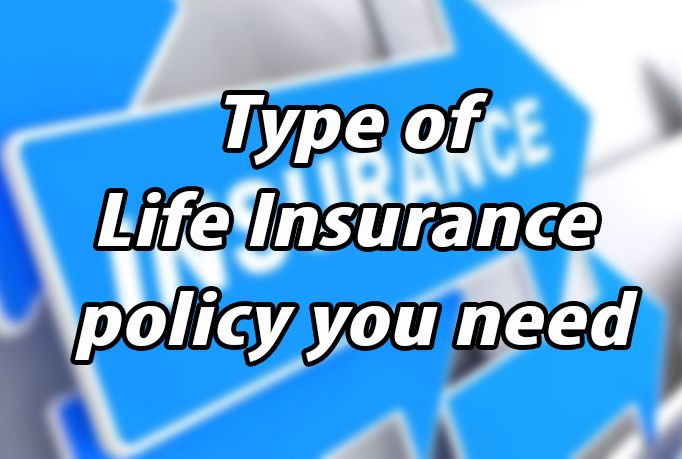All car buyers go through a checklist before purchasing their
new car. The most important item on the list is car insurance and auto
insurance quote. Auto insurance acts as protection for your car in general.
Your insurance agent can offer you a variety of auto insurance based on the kind
of car you own, how much coverage you need, and how many years you want
protection, for an annual amount, referred to as your premium.
When you are involved in an auto crash, the cost of car damage is covered by the car insurance you choose, however this does not include any damage incurred above the total amount of car insurance. The estimate of your auto insurance is determined by IDV or the declared value of your car; IDV is the maximum amount your insurance firm will pay for damage to your vehicle. The IDV amount is approximately equal to the showroom cost of your car or the actual market price of the vehicle you own. Therefore, IDV is not a fixed value and continues to change periodically. When you renew auto insurance after one year, the value of the IDV will decrease due to the amount of depreciation imposed on you after one year.
What damages does auto insurance cover?
Auto insurance will not cover all damage to your vehicle during the insurance period. Coverage in the United States is generally seen in a set of three numbers separated by a dash, for instance 100/500/100 or 20/50/30. The first two numbers are generally considered for medical insurance. For 100/500/100, the insurance company will pay the sum of $ 100,000 for each individual up to $ 500,000 combined for all individuals. The last number pays for damage to property, that is, any car or other property that you collided with during an accident.
Also Read: A Beginner's Guide to Insurance
Mainly, a comprehensive vehicle insurance policy will cover
the following kinds of damages:
full coverage
Full coverage covers both the collision and the total damage
to your car. Collision coverage covers the vehicle involved in collisions,
paying for the repair of damages
incurred or paying the cash value of the vehicle in the event that the vehicle
cannot be repaired.
Comprehensive
coverage covers the vehicle for damage that is not normally considered
collision damage. The damages covered by this insurance are damages caused by
theft, vandalism or collision with animals. In addition, many insurance firms
also include "force majeure" damage, which is damage caused by an
event or event due to factors beyond human control, such as hurricanes, tsunamis,
cyclones, and so on.
Liability
coverage:
Coverage also referred to as accident insurance, covers mainly bodily injury and damage to property, that is, damage to your vehicle. However, the amount insured varies from jurisdiction to jurisdiction. The insured can also increase the amount of insurance payment (before the loss) to pay for any losses incurred during the crash.
If in an unfortunate situation, your car collides with a
telephone pole. In such a case, the liability coverage covers the costs for damage
to the pole. However, it does not cover any other expenses related to damages
caused such as the interruption of services claimed by the telephone firm.
The bodily coverage protects the insured against possible
injuries during the crash, as well as against any damage to a third party
resulting from an accident. The coverage covers court costs and damages for
which the insured is being sued.




0 Comments